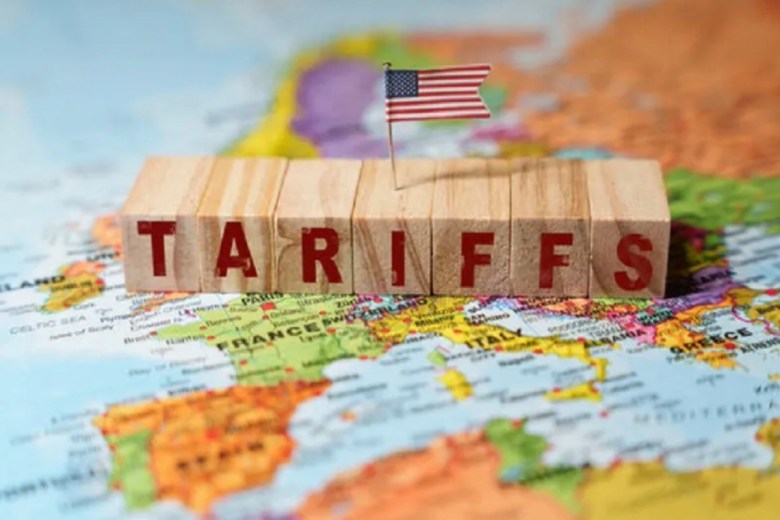Politics
EU and US Sign Controversial Trade Deal Amid Economic Pressures

European Commission President Ursula von der Leyen has finalized a significant trade agreement with the United States that entails the European Union (EU) accepting a 15% tariff on most imports from the US. This framework also includes a commitment to purchase US$750 billion in US energy exports and invest US$600 billion into the US economy, part of which will go towards military procurements. In contrast, US tariffs on EU steel and aluminum exports will remain at a substantial 50%, while the EU has agreed not to impose any tariffs on US goods.
The deal emerges against a backdrop of economic challenges for the EU, which has faced significant strains due to sanctions imposed in solidarity with the US against Russia. These sanctions have severely impacted the EU’s energy supply, previously reliant on Russia as a cost-effective provider. This precarious economic position has placed the EU at a disadvantage in ongoing trade negotiations, particularly given the lack of a substantial trade agreement with China following recent talks.
The implications of this arrangement extend beyond immediate trade dynamics. Analysts suggest that the EU’s compliance with US demands may signify a shift in its economic sovereignty, with potential long-term effects on its economic stability. Should the EU’s economic situation deteriorate further, the commitment to purchase more costly US energy could prove burdensome. Additionally, the EU’s pledge to increase military spending on US arms may undermine its own defense initiatives, such as the ReArm Europe Plan.
Furthermore, this trade deal could embolden the US in its negotiations with other global players. President Donald Trump has expressed intentions to assert US hegemony over Canada and Mexico through economic measures, which could facilitate the expansion of what he terms “Fortress America.” A successful approach to Brazil could further solidify this strategy, aligning nations in the Americas under US influence.
Looking ahead, Trump aims to leverage the agreements with Japan and the EU to strengthen his position in discussions with major economies such as China and India. While there is uncertainty regarding the outcomes of these negotiations, the US’s recent agreements may insulate it from some economic repercussions, positioning it advantageously in the global trade landscape.
Ultimately, the EU’s decision to enter into this trade deal raises questions about the future of its economic autonomy. While the US may experience a partial restoration of its unipolar status through these sequential trade agreements, the broader implications for global multipolarity remain uncertain. The unfolding dynamics of international trade will continue to shape the geopolitical landscape in the months and years to come.
-

 Lifestyle4 months ago
Lifestyle4 months agoHumanism Camp Engages 250 Youths in Summer Fest 2025
-

 Business5 months ago
Business5 months agoKenvue Dismisses CEO Thibaut Mongon as Strategic Review Advances
-

 Sports4 months ago
Sports4 months agoDe Minaur Triumphs at Washington Open After Thrilling Comeback
-

 Sports5 months ago
Sports5 months agoTupou and Daugunu Join First Nations Squad for Lions Clash
-

 Top Stories5 months ago
Top Stories5 months agoColombian Senator Miguel Uribe Shows Signs of Recovery After Attack
-

 World5 months ago
World5 months agoASEAN Gears Up for Historic Joint Meeting of Foreign and Economic Ministers
-

 Health4 months ago
Health4 months agoNew Study Challenges Assumptions About Aging and Inflammation
-

 Business5 months ago
Business5 months agoOil Prices Surge Following New EU Sanctions on Russia
-

 Entertainment4 months ago
Entertainment4 months agoDetaşe-Sabah Violin Ensemble Captivates at Gabala Music Festival
-

 Entertainment4 months ago
Entertainment4 months agoBaku Metro Extends Hours for Justin Timberlake Concert
-

 Top Stories5 months ago
Top Stories5 months agoRethinking Singapore’s F&B Regulations Amid Business Closures
-

 Business5 months ago
Business5 months agoU.S. House Approves Stablecoin Bill, Sends to Trump for Signature









